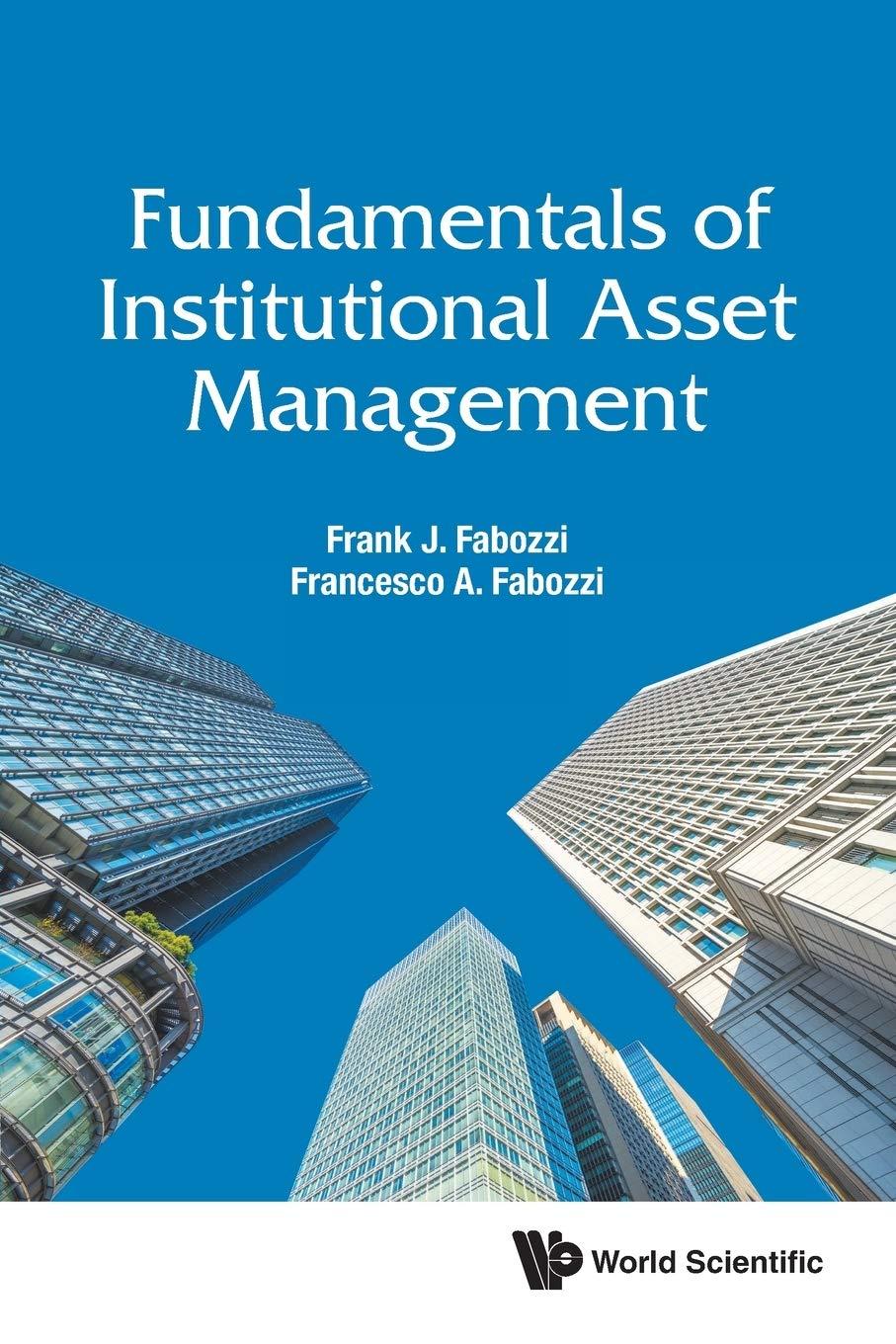Question
Esquire Products Inc. expects the following monthly sales: January $ 47,000 July $ 41,000 February 38,000 August 45,000 March 31,000 September 48,000 April 33,000 October
Esquire Products Inc. expects the following monthly sales:
| January | $ | 47,000 | July | $ | 41,000 |
| February | 38,000 | August | 45,000 | ||
| March | 31,000 | September | 48,000 | ||
| April | 33,000 | October | 53,000 | ||
| May | 27,000 | November | 61,000 | ||
| June | 25,000 | December | 43,000 | ||
| Total sales = $492,000 | |||||
Cash sales are 40 percent in a given month, with the remainder going into accounts receivable. All receivables are collected in the month following the sale. Esquire sells all of its goods for $2 each and produces them for $1 each. Esquire uses level production, and average monthly production is equal to annual production divided by 12.
a. Generate a monthly production and inventory schedule in units. Beginning inventory in January is 31,000 units. b. Prepare a cash receipts schedule for January through December. Assume that dollar sales in the prior December were $20,000.
Sales
Cash receipts
Case sales
Prior month's credit sales
total cash receipts
c. Prepare a cash payments schedule for January through December. The production costs ($1 per unit produced) are paid for in the month in which they occur. Other cash payments (besides those for production costs) are $9,300 per month.
Production cost
Other cash payments
Total cash payments
d. Construct a cash budget for January through December using the cash receipts schedule from part b and the cash payments schedule from part c. The beginning cash balance is $3,000, which is also the minimum desired. (Negative amounts should be indicated by a minus sign.)
Beginning cash
Net cash flow
Cumulative cash balance
Monthly loan or repayment
Ending cash balance
Cumulative loan balance
e. Determine total current assets for each month. Include cash, accounts receivable, and inventory. The accounts receivable for a given month is equal to 60 percent of that month's sales. Inventory is equal to ending inventory (part a) times the cost of $1 per unit.
Step by Step Solution
There are 3 Steps involved in it
Step: 1

Get Instant Access to Expert-Tailored Solutions
See step-by-step solutions with expert insights and AI powered tools for academic success
Step: 2

Step: 3

Ace Your Homework with AI
Get the answers you need in no time with our AI-driven, step-by-step assistance
Get Started


